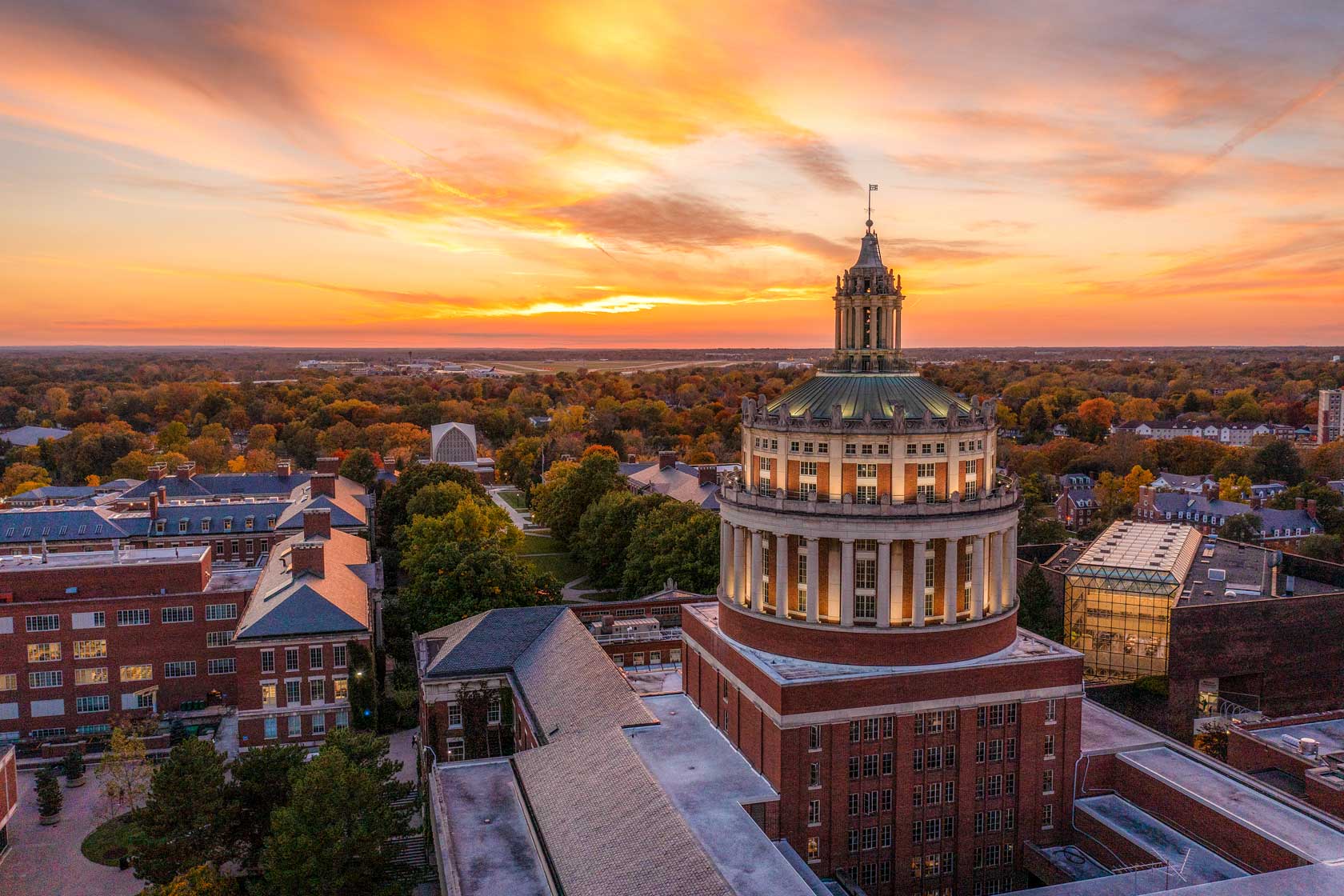OEI Updates Name to Align with Broad Mission
From its founding in 2019, the University Office of Equity and Inclusion has focused on helping all of us appreciate that creating a strong community requires a broad lens, one that values the contributions of everyone, regardless of any individual’s background or status.
Consistent with this focus, as of May 16, the Office of Equity and Inclusion has been renamed as the Office of University Engagement and Enrichment. The new name aligns well with our institutional goal of creating a community based on our shared values and expectations. Across the University, all departments and staff members involved in related educational or programmatic functions will follow the University nomenclature to ensure alignment of all titles. Representatives from the Office of Human Resources will reach out to you and your leaders to help with related adjustments to titles.
The timing of the change coincides with recent federal mandates that have brought new attention to the need for legal clarity involving descriptions of diversity, equity, and inclusion efforts. We are not alone among our peers in that regard, and the issue has taken on new urgency this spring for all institutions that receive funding from the National Institutes of Health.
Under Vice President Adrienne Morgan’s leadership, the office has served the entire University community, work that includes creating important and engaging programming and launching initiatives such as the annual Boundless Together Conference at the Rochester Riverside Convention Center, an event that brings together participants from throughout the Rochester region.
As an institution located in a region shaped by historic champions of equality, the University of Rochester continues to aspire to be a place where everyone feels welcome. Our University community has a deep commitment to treating all people equally, and we are confident that our shared mission to enrich the experiences of all students, staff, and faculty through engagement, education, and community building will live on well into our future.
Sincerely,
Sarah Mangelsdorf
President and G. Robert Witmer, Jr. University Professor
Adrienne Morgan
Vice President, Office of University Engagement and Enrichment
Nicole Sampson
Provost and University Professor
David Linehan
CEO, UR Medicine, and Dean, School of Medicine and Dentistry

